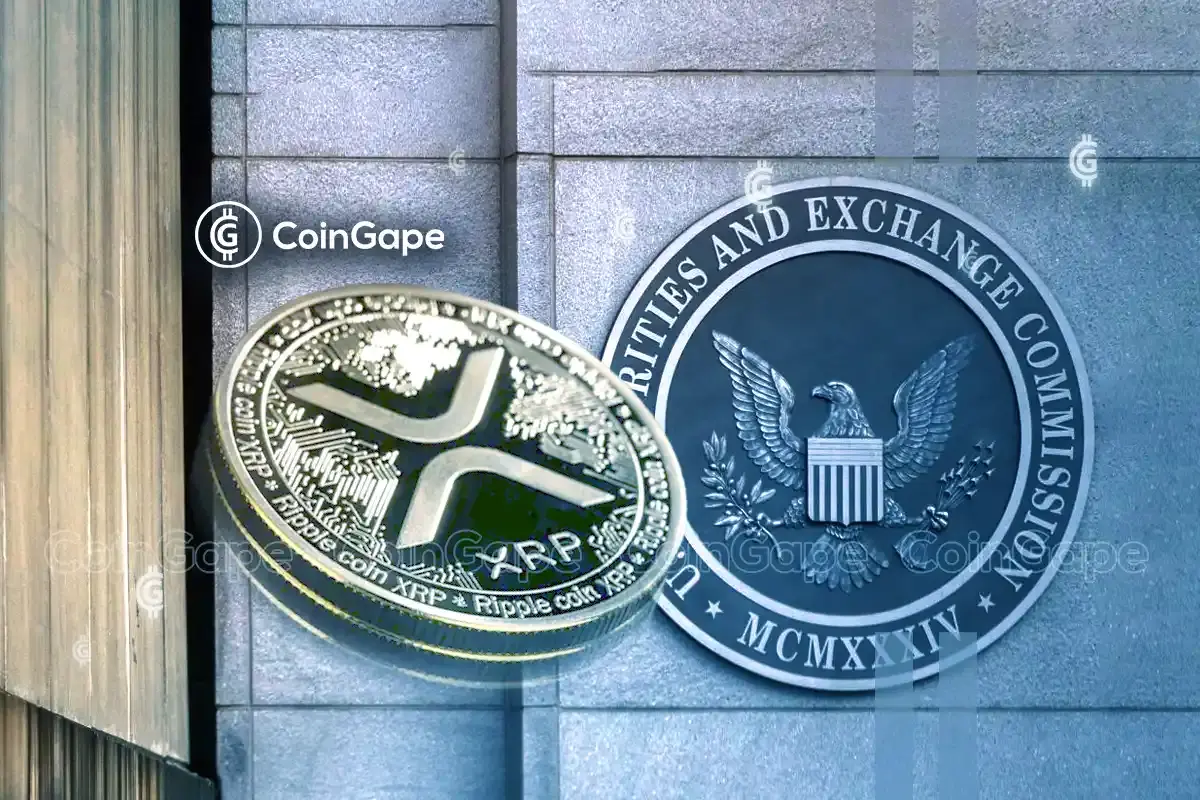The U.S. Supreme Court docket has successfully dismantled the Chevron deference doctrine, reshaping how federal rules can be interpreted by courts. This determination underscores a major shift from earlier practices, the place courts usually deferred to federal company experience on ambiguous statutory language. Six Republican-appointed justices supported the overturn. The ruling paves the way in which for judges, slightly than company specialists, to interpret such legal guidelines, probably impacting varied regulatory realms, together with environmental protections and shopper security.
Chevron Overturn Reduces Company Interpretative Energy
The eradication of Chevron’s deference diminishes the interpretative energy historically held by federal companies in regulatory issues. Businesses just like the Environmental Safety Company (EPA) and the Securities and Exchange Commission (SEC) have traditionally benefited from judicial deference, permitting them to use knowledgeable judgment to complicated points inside their purview.
Nonetheless, the courtroom’s latest determination mandates that federal judges will now not be required to lean on company interpretations when confronted with obscure congressional statutes. This transformation introduces a brand new period of authorized interpretations, the place judges are empowered to make these determinations independently.
Consequently, regulatory companies might need assistance imposing and implementing current rules. This transition may result in elevated litigation because the readability beforehand offered by company interpretations diminishes.
Furthermore, industries regulated underneath these companies might expertise uncertainty as they navigate the altering panorama of federal oversight. This uncertainty extends to telecommunications and environmental administration sectors, the place regulatory steering is essential in operational and strategic selections.
Additionally Learn: Fetch AI Affirms Manual Conversion Options Amid ASI Merger
Supreme Court docket Ruling Boosts Ripple, Coinbase Lawsuits
The crypto trade, significantly corporations like Ripple (XRP) and Coinbase, might see quick results from this Supreme Court docket determination. The ruling is particularly related in ongoing authorized battles involving these firms with the SEC.
As an example, Ripple’s dispute with the SEC over whether or not its XRP tokens represent securities has been influenced by interpretations of the Securities Act by the SEC. Beneath the Chevron framework, courts deferred to the SEC’s experience. Judges will independently interpret these legal guidelines, probably favoring Ripple’s stance within the ongoing XRP Vs. SEC lawsuit.
Equally, Coinbase’s problem towards the SEC, relating to accusations of working as an unregistered securities change, good points traction from this determination. Coinbase argues that its operations don’t fall underneath the SEC’s securities rules, a place which will now obtain a extra favorable listening to in courtroom. The absence of Chevron deference signifies that the judiciary might undertake much less stringent interpretations of what constitutes safety underneath the legislation, probably aligning with the views of crypto corporations that their choices want to satisfy the standard standards outlined within the Howey Test.
Additionally Learn: Bitcoin ETF, Nvidia, & AI Hype Usher $400 Billion Investment in ETFs
The offered content material might embody the private opinion of the writer and is topic to market situation. Do your market analysis earlier than investing in cryptocurrencies. The writer or the publication doesn’t maintain any duty to your private monetary loss.


✓ Share: